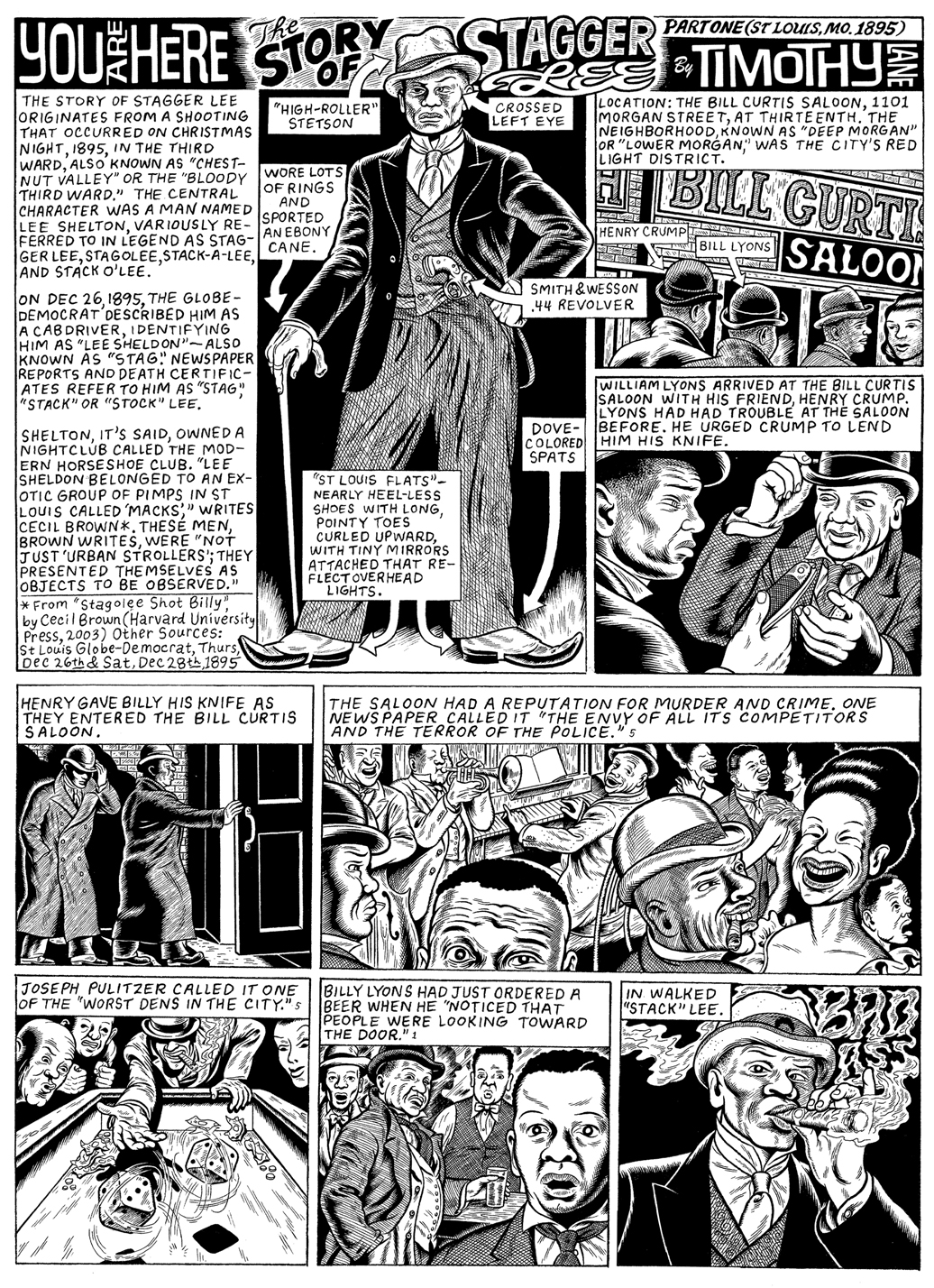"
Sixty Minute Man" is a
rhythm and blues (R&B) record released in
1951 by
The Dominoes.
[1] It was written by Billy Ward and Rose Marks and was one of the first R&B hit records to cross over to become a
pop hit on the pop charts. It is regarded as one of the most important of the recordings which helped generate and shape
rock and roll.
[2]
Click to expand...
The record company then turned to the other, sharply contrasting, straight R&B song which the group had recorded on the same day, "Sixty Minute Man". It was issued in May 1951 (on Federal 12022), and by the end of the month had reached #1 on the R&B charts, a position it held for an almost unprecedented 14 weeks. The single also made it to number seventeen, on the pop singles chart and was voted "Song of the year" for 1951.
[7]
The recording used Bill Brown's bass voice, rather than McPhatter's tenor, as the lead. It featured the singer's boasts of his sexual prowess,
[3] of being able to satisfy his girls with fifteen minutes each of kissing, teasing, and squeezing, before his climactic fifteen minutes of "blowing [his] top".
The chorus was specific:
There'll be fifteen minutes of kissin'
Then you'll holler "Please don't stop" (Don't stop!)
There'll be fifteen minutes of teasin'
Fifteen minutes of squeezin'
And fifteen minutes of blowin' my top
[1]
Lyrics of this type already had a long history. The reference to "Dan" (alternatively, "Jim Dandy") dates back at least to
minstrel shows in the nineteenth century, and double-entendre had been used in blues lyrics for decades before this song was written. A common reference was to "Dan, the Back Door Man" - the lover of a married woman who would leave her house by the back door - as in a song of that title recorded by Georgia White in 1937.
[3] Among the many precedents, but with a different perspective, is "One Hour Mama" by
Ida Cox.
[8]
"Sixty Minute Man" was banned by many radio stations, and was seen as a
novelty record at the time. However, in hindsight it was an important record in several respects: it crossed the boundaries between
gospel singing and
blues, its lyrics pushed the limits of what was deemed acceptable, and it appealed to many white as well as black listeners, peaking at #17 on the pop charts. Cover versions were made by several white artists including
Hardrock Gunter. Bill Haley & His Comets sang the song in the mid-1950s during their live shows. In later years, the Dominoes' record became a contender for the title of "the
first rock and roll record".
[2]






 Thats how I know it was a sad reach as a rebuttle.
Thats how I know it was a sad reach as a rebuttle. )
)

